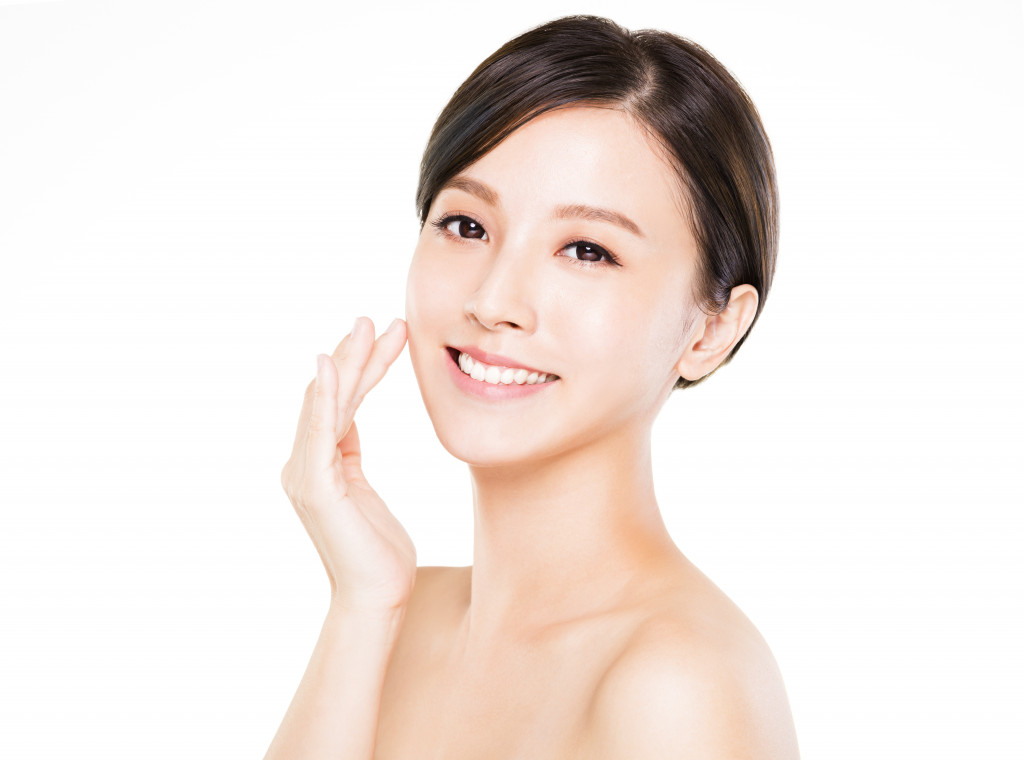If the pandemic reveals anything about skincare, it is that we need it now more than ever as we strive to holistically care for ourselves. The beauty realizes this rising need too, and so, it emerged glorious amid pandemic headwinds. Here is how they responded and continue to respond:
Offering a Hand
Several cosmetic brands took to virtual conferencing platforms to hold online seminars on the onset of the pandemic. This is to keep up with their client education performance measures. At the same time, it was to keep engaging their audience, especially those who have always been used to physical shopping.
Later, they saw the degree by which beauty professionals were indefinitely furloughed due to salons and cosmetology center closures. And so, they devised ways to connect with these experts and invite them to their upcoming seminars to discuss new methods and techniques in PDO threading, as well as other age-fighting procedures and products. This effort, although unconventional, is all to revitalize the industry that was pushed to a lull.
Some brands took it a step further and used online media to introduce new products, even inviting their in-house expert to discuss the formulations of the product or updates from their previous versions. One of those that rode the podcast wave was Kevin Murphy, and they made great use of the platform by not only discussing product launches but also insights about the beauty community and business, in general.
Overall, the Internet was an avenue for beauty brands to inform consumers of breakthroughs in the world of cosmetics and the products it comprises and to allow the experts to still impart knowledge now that their practice is limited.
Non-Stop Innovation
Despite the challenges brought about by the pandemic in terms of the movement of resources and manpower, therefore, limiting product developers from making breakthrough discoveries. But, news in the industry indicates otherwise. More and more, we see skincare brands that explore alternative ingredient sources not only to make more potent products but also to attempt to reduce their carbon footprint on the planet.
One notable example is skincare brand Algenist’s bold reveal of their new blue algae-based vitamin C serum earlier this year. For so long, vitamin C has been synthetically produced in laboratories. But, now that they have discovered how to extract L-ascorbic acid from blue spirulina, which is renowned for packing lots of nutrients like protein without requiring much water and which can grow even on land not intended for farming. This makes it very environmentally friendly for use in consumer products.

Moreover, there is a louder clamor by consumers to the chemical industry to cut the use of potentially harmful agents, let alone testing it on animals, and to brands to make more transparent claims about the efficacy of their products. Several brands that have been around in the game for a while now did not take the pandemic as an excuse to skip much-needed clinical trials in the name of quickly recovering working capital used to produce volumes of these fresh products they claim to be game-changing.
One notable example is Colorescience’s new additions to their Total Eye product line which they had users of varying skin types and issues to try for at least four weeks. As they rooted for, the trials delivered impressive results for improvement indicators such as that of wrinkle appearance and firmness, each with a rating of greater than 80 percent. As we witness changes unfold in the cosmetics industry, taking time and statistically measuring product success are called for if a brand is committed to leading a life of integrity.
A Generation Concerned with Skincare
Millennials are approaching or are already in their 30s. The ubiquity of scientific data, particularly those purporting our higher exposure to free radicals and sun damage, pushes even younger people to seek products to maintain the health of their skin. And so, skincare brands can only continue to heed this call. As they do this, they also strive to provide ample education about skincare ingredients to help consumers mix and match until they can combine a product regimen that works best for their skin type and specific skin problems.
Brands have a lot to offer to discuss the topic of sun protection alone. There is a sunscreen consistency for dry, oily, acne-prone, and combination skin types. There are also spray and spray tan variations.
As we navigate this pandemic, the end of which we have no full grasp of yet, we can anticipate a more resilient beauty and cosmetics industry. There are more breakthroughs to come and those are thanks to the leaders who relentlessly break down barriers and put more emphasis on the science behind their innovations.

